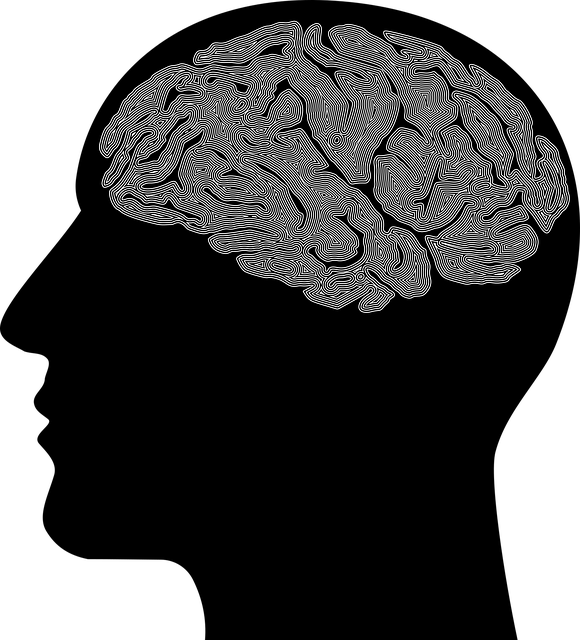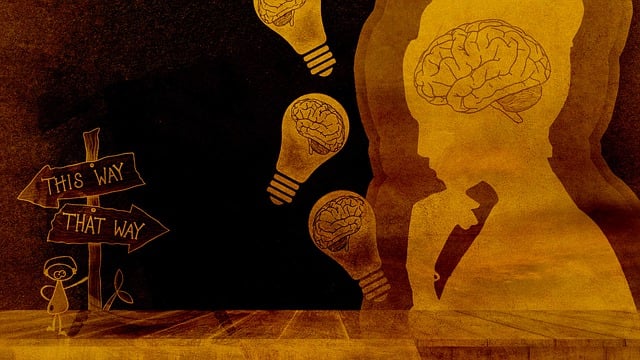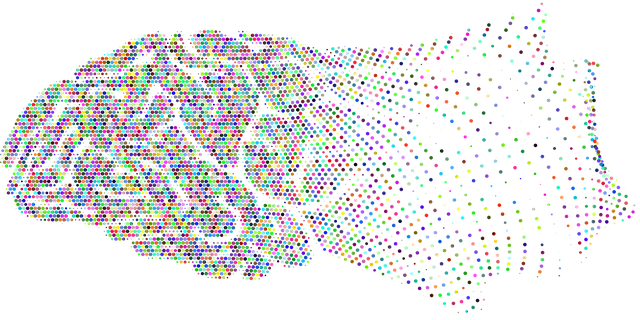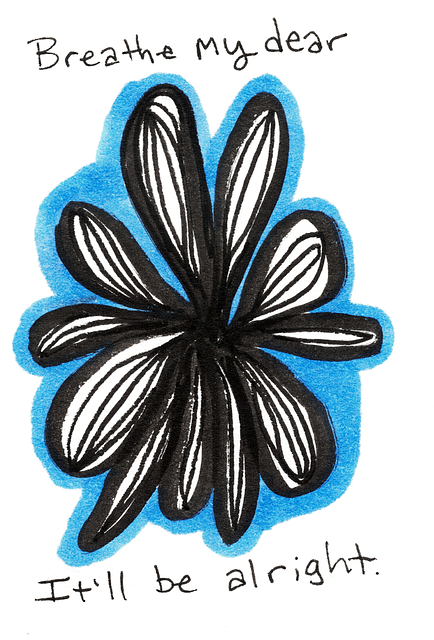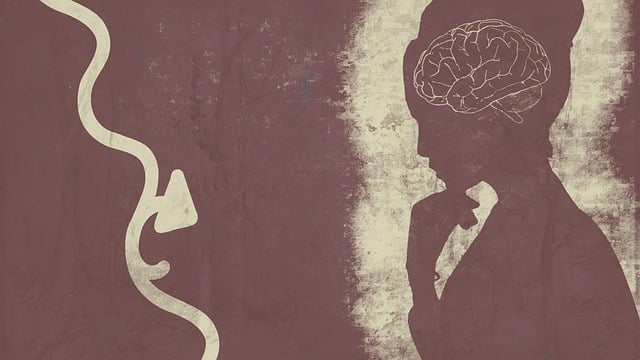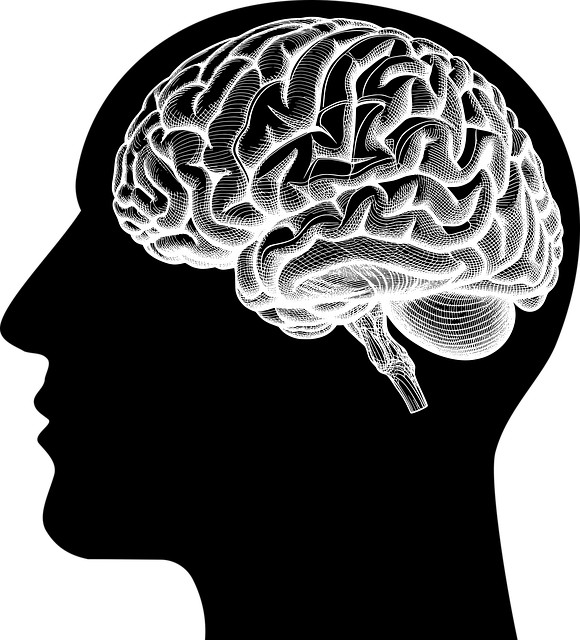Integrating Castle Rock Trauma Therapy (CRTT) into educational programs offers a holistic approach to mental health education. CRTT creates safe spaces, breaks stigma, and encourages open dialogue about emotional struggles, fostering empathy. Crisis intervention guidance and the Mental Wellness Podcast Series Production reach diverse audiences with personal narratives and expert insights. This strategy enhances emotional healing, equips individuals with coping mechanisms, and builds resilient communities. Tailoring programs to diverse needs, incorporating age-appropriate content, and using empathy-building activities ensures long-term impact, as demonstrated by CRTT's specialized sessions for various demographics.
Mental health education programs play a pivotal role in fostering resilient communities by addressing stigma and misconceptions. This article delves into four key components: understanding mental health, the power of education, designing effective curricula with Castle Rock Trauma Therapy techniques, and implementation strategies for maximizing accessibility and impact. By integrating these elements, we aim to create inclusive, supportive environments that promote long-lasting positive change.
- Understanding Mental Health: Breaking Down Stigma and Misconceptions
- The Role of Education in Fostering Resilient Communities
- Designing Effective Program Curricula: Incorporating Castle Rock Trauma Therapy Techniques
- Implementation Strategies: Ensuring Accessibility and Long-Lasting Impact
Understanding Mental Health: Breaking Down Stigma and Misconceptions

Understanding mental health is a cornerstone of any comprehensive education program, especially when addressing issues like trauma and its long-lasting effects. Stigma and misconceptions surrounding mental health often prevent individuals from seeking help or understanding the experiences of others. By integrating Castle Rock Trauma Therapy principles, programs can foster an environment where participants feel safe to learn and share their stories. This approach breaks down barriers, encouraging open dialogue about emotional struggles and promoting empathy.
Incorporating crisis intervention guidance within these educational frameworks is vital for recognizing and responding to mental health emergencies effectively. The Mental Wellness Podcast Series Production can also serve as a dynamic tool to reach diverse audiences, sharing personal narratives and expert insights. Ultimately, these strategies work together to enhance emotional healing processes, ensuring that participants gain valuable knowledge and develop coping mechanisms for their own well-being and the support of others in their communities.
The Role of Education in Fostering Resilient Communities

Education plays a pivotal role in fostering resilient communities by equipping individuals with essential tools to navigate life’s challenges. Through comprehensive mental health education programs, such as those offered by Castle Rock Trauma Therapy, communities can cultivate a culture of resilience and well-being. This involves teaching self-care practices that promote emotional regulation, stress management, and overall mental fortitude. By integrating compassion cultivation practices into the educational framework, individuals learn to extend kindness and empathy towards themselves and others, fostering stronger social connections and reducing stigma associated with mental health struggles.
The design of these programs should incorporate Mind Over Matter principles, encouraging participants to recognize and challenge negative thought patterns. This cognitive approach empowers individuals to develop a growth mindset, enhancing their ability to cope with adversity. Ultimately, by investing in mental health education, communities can build a network of supportive individuals who are better equipped to support one another through life’s ups and downs, creating a more resilient and cohesive society.
Designing Effective Program Curricula: Incorporating Castle Rock Trauma Therapy Techniques

Designing an effective mental health education program involves incorporating evidence-based therapeutic techniques that cater to diverse learning needs. Castle Rock Trauma Therapy (CRTT) offers a unique and powerful approach, emphasizing the connection between physical, emotional, and cognitive aspects of healing from trauma. By integrating CRTT into the program curricula, educators can create a holistic learning environment that empowers individuals with practical tools for self-care routine development, fostering better mental health outcomes.
This methodical therapy goes beyond traditional talk therapy by focusing on sensory integration, mindfulness, and body awareness exercises to address underlying trauma. It includes strategies for burnout prevention, ensuring participants learn to manage stress effectively. The program can benefit from this technique’s versatility, tailoring activities to cater to different learning styles, whether it’s group discussions, hands-on exercises, or reflective writing. Such an inclusive approach not only supports Trauma Support Services but also encourages individuals to cultivate resilience and maintain mental well-being in their daily lives.
Implementation Strategies: Ensuring Accessibility and Long-Lasting Impact

Implementing a mental health education program requires strategic planning to ensure its accessibility and long-lasting impact. One effective strategy is to tailor the program to diverse audiences, considering cultural, social, and economic factors that may influence engagement. Castle Rock Trauma Therapy has successfully adapted its approach by offering specialized sessions for various demographics, ensuring that everyone receives relevant and impactful support. For instance, creating age-appropriate content for younger individuals or incorporating cultural references in discussions can enhance participation and understanding.
Additionally, fostering empathy building strategies within these programs is vital. Mental health education should not only convey information but also encourage open dialogue and understanding among participants. Incorporating interactive activities and peer-to-peer learning sessions can create a supportive environment where individuals feel comfortable sharing their experiences and perspectives. Such practices not only promote mental well-being but also cultivate a sense of community, which is essential for sustaining the program’s impact over time.
In designing mental health education programs, integrating evidence-based practices like Castle Rock Trauma Therapy is essential for fostering resilient communities. By addressing stigma, misconceptions, and trauma, these programs empower individuals with knowledge and skills to support their own and others’ well-being. Effective curricula, accessibility strategies, and long-term impact planning ensure that education translates into meaningful action, creating a more supportive and understanding society.
